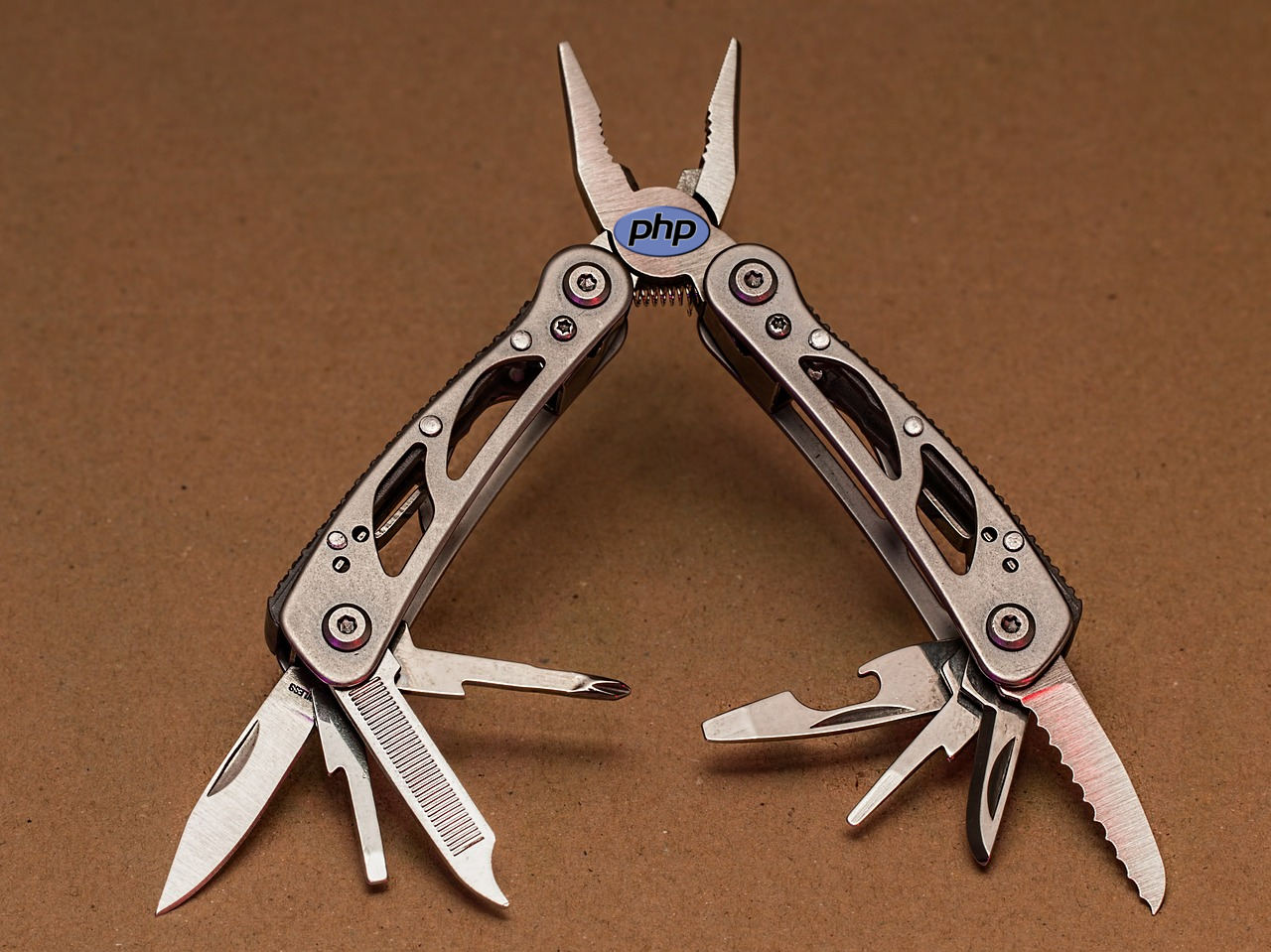
A framework is a tool to help you develop applications faster and better. It is a reusable set of libraries and/or classes. They usually define default folder structure of a project.
There are many existing, well established and secure open source frameworks with large communities behind them. Rather than reinventing the wheel, many developers use them to build web applications. There is NO best and NO official PHP framework, because different purposes and different projects require different tools and approaches.
Using established, existing open source frameworks is strongly advised when working in a team. A framework can provide developers with a common same set of standards and with better interoperability for when they build applications together.
Before diving into a PHP framework, get familiar with some advanced concepts such as OOP, design patterns, ORM, authentication, MVC (model view controller), etc. For bigger projects, using a popular open source framework instead of a custom framework and instead of procedural programming is advised.
Before understanding modern open source PHP frameworks, check out Composer; A dependency manager for PHP.
In your career path, you will not need to know all of them, but you should learn how to use few of the frameworks that are widely used in the industry or that are important to you. Organizations and companies are always moving towards modern, popular established frameworks, so predicting which framework will get you a job in the PHP market today is a task for a prophet or a fortune teller, and it is therefore almost impossible.
You can check the popularity trends in PHP community and check the most popular ones (according to the stars on GitHub), but don’t get fooled by such comparison charts. Each organization can move towards something else sooner or later.
Learning some complex PHP frameworks can have a steep learning curve.
According to the architecture the framework itself is built upon, there are three major types of frameworks that we will use to categorize them in this FAQ:
Component frameworks are built and decoupled into separate components that you can use in your application independently of other components. You can just use some components or all of them. Most of component frameworks can also be a full stack framework (described in the next section) at the same time.
Full stack framework includes everything you need to develop an application in one package. Decoupling of components is mostly not possible.
Extension frameworks are PHP frameworks written in C, C++ or Zephir and built as PHP extension.
A micro-framework holds a simple core with a very lightweight infrastructure of classes and libraries. The main purpose of micro-frameworks is building applications quickly while still keeping lightning fast performance speed and a small footprint.
All the popular ones that we have encountered in this group are listed above in alphabetical order.